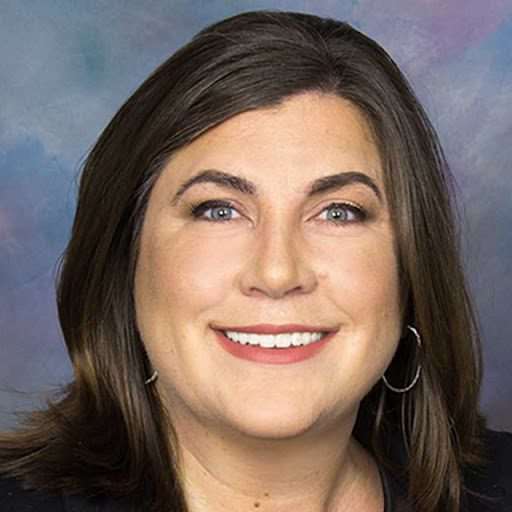Anna Kooi Helps Life Insurers See (Potential) Deadbeats

Anna Kooi is helping life insurers around the country figure out the new Long-Duration Targeted Improvement accounting rules — and the Current Expected Credit Losses standard.
The Financial Accounting Standards Board kept putting off implementation. Congress stepped in. But now CECL (pronounced “Cecil”) is finally here.
“While many hoped it would go away, the industry did recognize the applicability of CECL and proceeded accordingly,” Kooi said.
As the national financial services industry practice leader at Wipfli, Kooi is one of the people in charge of introducing life insurers to CECL. Her team supports insurers’ efforts to predict how likely mortgage loan customers, reinsurance providers and other potential sources of credit risk are to default.
What It Means
The new rules could affect your clients by making life insurers more conscious of the risks they take when they sell new life insurance policies and annuity contracts and invest the premiums supporting those products.
The new rules could also affect your clients, as well as the structure of the U.S. life insurance industry, by making retail and institutional investors more acutely aware of the reality that offering insurance and annuity guarantees takes some faith in the future.
LDTI and CECL
The LDTI rules, which began to reshape life insurers’ earnings reports in the first quarter, require insurers to make educated guesses about fluctuations in the value of promised insurance and annuity benefits and put the changes in their current earnings.
CECL, which is typically pronounced “Cecil,” now requires banks, insurers and other companies to make educated guesses about future problems with loans and other credit arrangements they have provided, and put changes in the loss estimates in earnings.
Life insurers hold more than $4.5 trillion in assets such as bonds and mortgages that involve elements of credit risk, and they also have large amounts of reinsurance receivables and other receivables that hinge on a counterparty’s willingness and ability to make payments.
The CECL loss forecasting requirement applies to some kinds of arrangements that involve credit risk, such as loans that are supposed to be held to maturity, and not to other types of arrangements that also involve credit risk, such as loans that an insurer puts in a portfolio that’s available for active trading.
The Financial Accounting Standards Board began developing the CECL rules in the wake of the 2007-2009 Great Recession and approved the model in 2016.
FASB delayed implementation twice. The Consolidated Appropriations Act of 2021 put off the required adoption date for many companies a third time.
CECL now applies to all companies that prepare financial reports using U.S. generally accepted accounting principles.
Executives from publicly traded life insurers have often talked about the effects of the LDTI rules during earnings calls with securities analysts.
Executives have also talked about CECL, but the conversations have been shorter, partly because estimates for “CECL impairment reserves,” or the amounts insurers set aside in case some borrowers or other counterparties fail to make their payments, have been relatively small.
During the latest round of earnings calls, for example, executives said CECL impairment reserve amounts were $250 million, or 3% of portfolio value, for commercial mortgage loans at Aflac; $319 million, or 0.6% of commercial mortgage loan portfolio value, at MetLife; and $200 million, or 0.4% of real estate portfolio value, at Prudential Financial.
Wipfli and Anna Kooi
Wipfli is a Milwaukee-based accounting firm founded in 1930. It now ranks among the top 20 accounting and consulting firms in the United States in terms of revenue, according to Accounting Today’s 2023 rankings.
She started out working in accounting on the staff of Winter, Koman, Moter and Repp, an accounting firm in the Milwaukee area, in 1994, before she went to college.
She later earned a bachelor’s degree in accounting from the University of Wisconsin-Whitewater, and the Certified Public Accountant professional designation She spent 18 years at Deloitte, in the Chicago area, ascending to the rank of managing partner before leaving.
She moved to Baker Tilly Virchow Krause for a year, then joined Wipfli, as a partner in the financial services practice, in 2019. Wipfli put her in charge of the national financial services practice in 2020.
Kooi answered questions about CECL via email. The answers have been edited.
THINKADVISOR: How much are life insurers really thinking about CECL?




